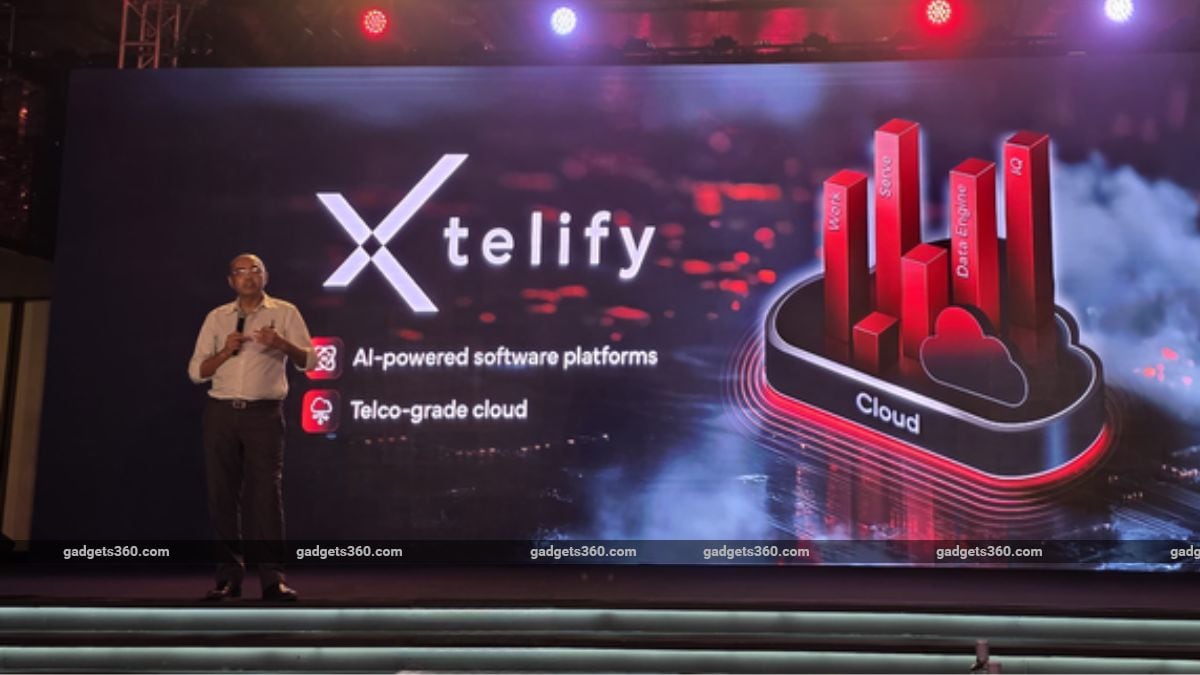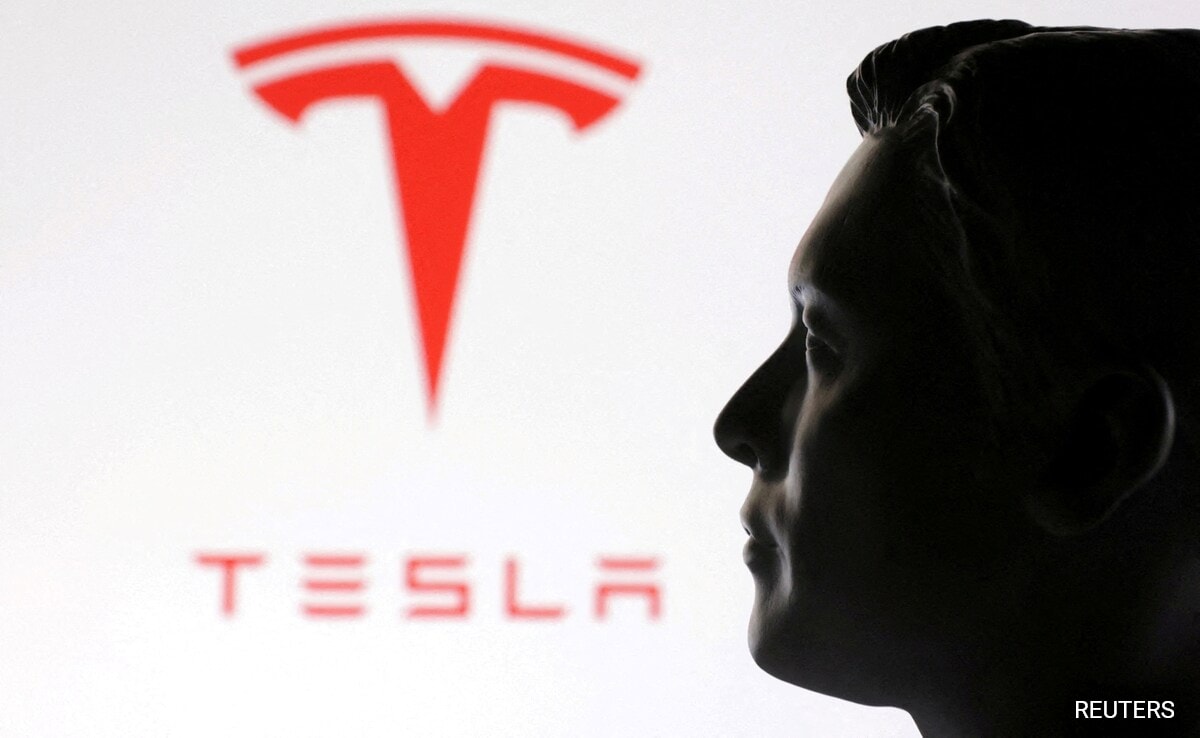
<p>Perplexity AI’s CEO Aravind Srinivas has shared a bold prediction that’s bound to raise eyebrows across HR and admin departments. On The Verge’s Decoder podcast, Srinivas claimed that Comet, Perplexity’s new AI-native browser, could soon automate two crucial white-collar jobs entirely: recruiting coordinators and administrative assistants.</p>
<p>”A recruiter’s work worth one week is just one prompt: sourcing and reach outs,” Srinivas said during the interview. According to him, Comet’s AI agent is already capable of integrating with popular tools like Gmail, Google Calendar, and LinkedIn to handle complex workflows once managed by human professionals.</p>
<p>The tool, currently in invite-only beta for premium users, can build candidate pipelines, extract contact details, and send custom outreach emails, all automatically. Srinivas described how the system could search for specific profiles, such as Stanford alumni with experience at Anthropic, gather the relevant data in a Google Sheet, and then craft personalised cold emails, drastically streamlining what typically takes hours.</p>
<h3><span style=”color: #ba372a;”><strong>From Recruiter to Executive Assistant, Comet’s Expanding Role</strong></span></h3>
<p>But recruitment is just one piece of the puzzle. Srinivas believes Comet has the potential to serve as a full-fledged digital assistant. It can coordinate schedules, handle follow-ups, manage responses, update databases, and even resolve calendar conflicts.</p>
<p>The goal, as he puts it, is for the browser to evolve into a self-running AI operating system, constantly executing user tasks in the background, powered by simple language prompts.</p>
<p>He envisions a future where premium users would happily invest in this level of efficiency. “People might spend ‘$2,000 for a prompt’ if it helps generate significant business value,” he added.</p>
<h3><span style=”color: #ba372a;”><strong>The Automation Debate: Disruption or Augmentation?</strong></span></h3>
<p>Srinivas’ stance places him among a growing group of tech leaders who foresee AI triggering massive changes in traditional office roles. Anthropic CEO Dario Amodei recently suggested AI could eliminate 50% of entry-level jobs within five years. Echoing this concern, Ford CEO Jim Farley warned that artificial intelligence will “replace literally half of all white-collar workers.”</p>
<p>However, not everyone agrees with this doomsday scenario. Executives like Salesforce’s Marc Benioff and Nvidia’s Jensen Huang advocate for a more optimistic view, where AI serves as an augmentation tool rather than a job killer.</p>
<p>Still, Srinivas had a word of caution for the workforce: “People who are at the frontier of using AI are going to be way more employable than people who are not.” The message is clear: adapt or risk being left behind.</p>








